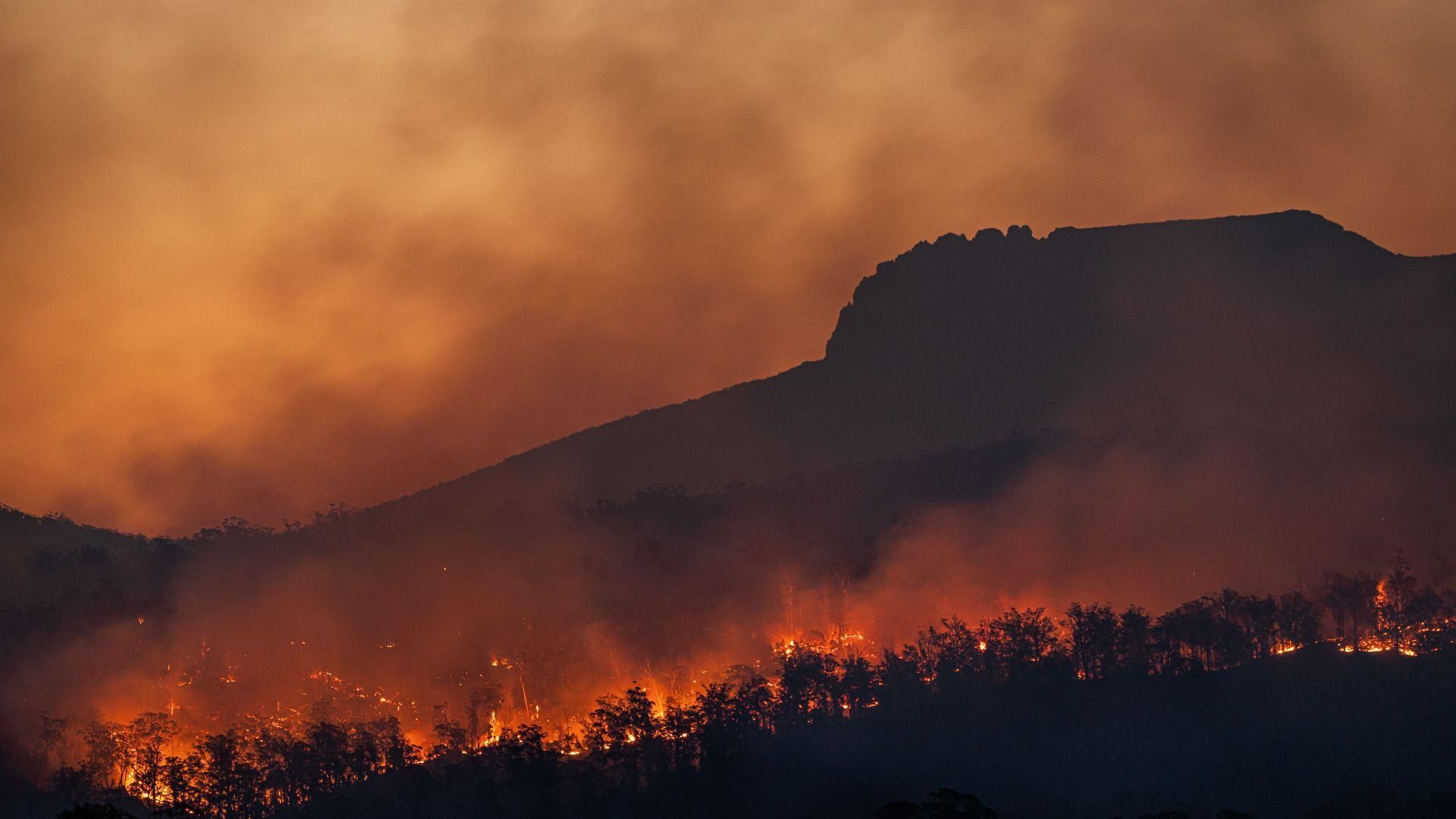Climate Data Reveals: This Summer Marked the Warmest on Record
The climate is undergoing a significant transformation, characterized by soaring temperatures and record-breaking environmental changes.
According to the latest data from international agencies, the summer of 2023 has set alarming records. Let’s delve deeper into the statistical observations and statements from global leaders that underline the gravity of the current climate scenario.
A Detailed Look at June-August Temperature Records
The recent data revealed that the Earth experienced its hottest period from June to August. European scientists have corroborated this, with observations indicating not only soaring land temperatures but also an unprecedented rise in ocean temperatures during August.

Source: Matt Palmer/Unsplash
This crucial information necessitates an urgent discussion about our changing climate and its potential impacts on our planet.
August's Record-breaking Temperatures
August 2023 has not only been recorded as the hottest August till date but also stands as the second-hottest month ever documented, closely following July 2023.

Source: Getty Images
This trend of escalating temperatures, as validated by the World Meteorological Organization and Copernicus Climate Change Service, is a clear indicator of the urgent need for comprehensive strategies to mitigate climate change.
United Nations' Statement on the Current Climate Situation
Antonio Guterres, the United Nations Secretary-General, described the season as one where the climate breakdown has evidently begun.

Source: Mathias Reding/Unsplash
His statement underscored the urgent necessity to acknowledge and address the adverse effects of climate change that are becoming increasingly apparent with each passing season.
Unprecedented Rise in Ocean Surface Temperatures
This summer also saw the ocean surface temperatures reaching record highs, with average readings nearing 70 degrees Fahrenheit.

Source: Ant Rozetsky/Unsplash
According to the World Meteorological Organization, this surge in ocean temperatures was consistent throughout August, overshadowing previous records established in March 2016, thereby indicating a discernible pattern of escalating global temperatures.
Antarctic Sea Ice: A Concerning Decline
The Antarctic sea ice witnessed a significant reduction this August, registering about 2% below the average levels, an anomaly since the late 1970s when monitoring began.

Source: Derek Oyen/Unsplash
WMO’s secretary-general, Petteri Taalas, highlighted that these alarming observations are occurring even before the full impact of the El Niño event is felt, signifying a dire need for global attention and action.
2023 Competes with Previous Heat Records
The cumulative data from January to August 2023 has already marked this year as the second warmest, closely trailing behind 2016.

Source: Getty Images
Experts attribute this rise to human-induced climate change due to the burning of fossil fuels, exacerbated by the temporary warming effects of the El Niño phenomenon in the Pacific Ocean.
Human Activities Amplifying Climate Change Effects
The consensus among scientists is that human activities, primarily the burning of coal, oil, and natural gas, are significantly contributing to the climatic shifts we are witnessing.

Source: Getty Images
Samantha Burgess, deputy director of the Copernicus Climate Change Service, emphasized the urgency to reduce greenhouse gas emissions to prevent further escalation of climate-related disasters.
The Impact of Extreme Heat on Air Quality
The World Meteorological Organization highlighted the direct repercussions of extreme heat on air quality, which has been adversely affecting human health and the environment.

Source: Getty Images
The recent bulletin from the organization outlines how increased heat, fueled by forest fires and desert dust, has resulted in a measurable deterioration in air quality globally.
The Wide-ranging Consequences of Extreme Heat
Extreme heat has not only caused disruptions in daily lives but has also instigated devastating wildfires, thereby taking a toll on both health and the environment.

Source: Getty Images
The Northern Hemisphere particularly experienced a series of extreme weather events, causing substantial environmental degradation and posing considerable challenges to communities worldwide.
Anticipating Further Climate Data This Month
Several other renowned agencies, such as NOAA and NASA, are slated to release their climate data for the summer soon.

Source: Chris Gallagher/Unsplash
Utilizing distinct datasets compared to WMO and Copernicus, these agencies are expected to corroborate the findings of a record-breaking summer in 2023, further substantiating the ongoing climate crisis narrative.
Your Role in Mitigating Climate Change
As we navigate these challenging times, it becomes imperative for each individual to participate actively in efforts to mitigate the effects of climate change.

Source: Ella Ivanescu/Unsplash
By fostering sustainable practices and advocating for policy changes, we can work towards curbing the adverse impacts of climate change and safeguarding our planet for future generations.
